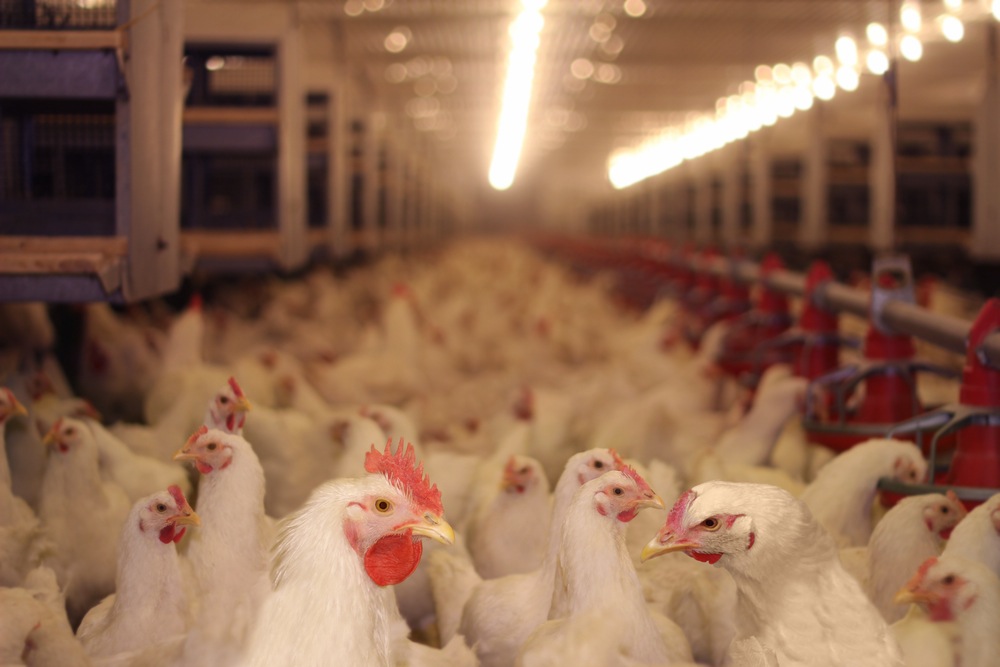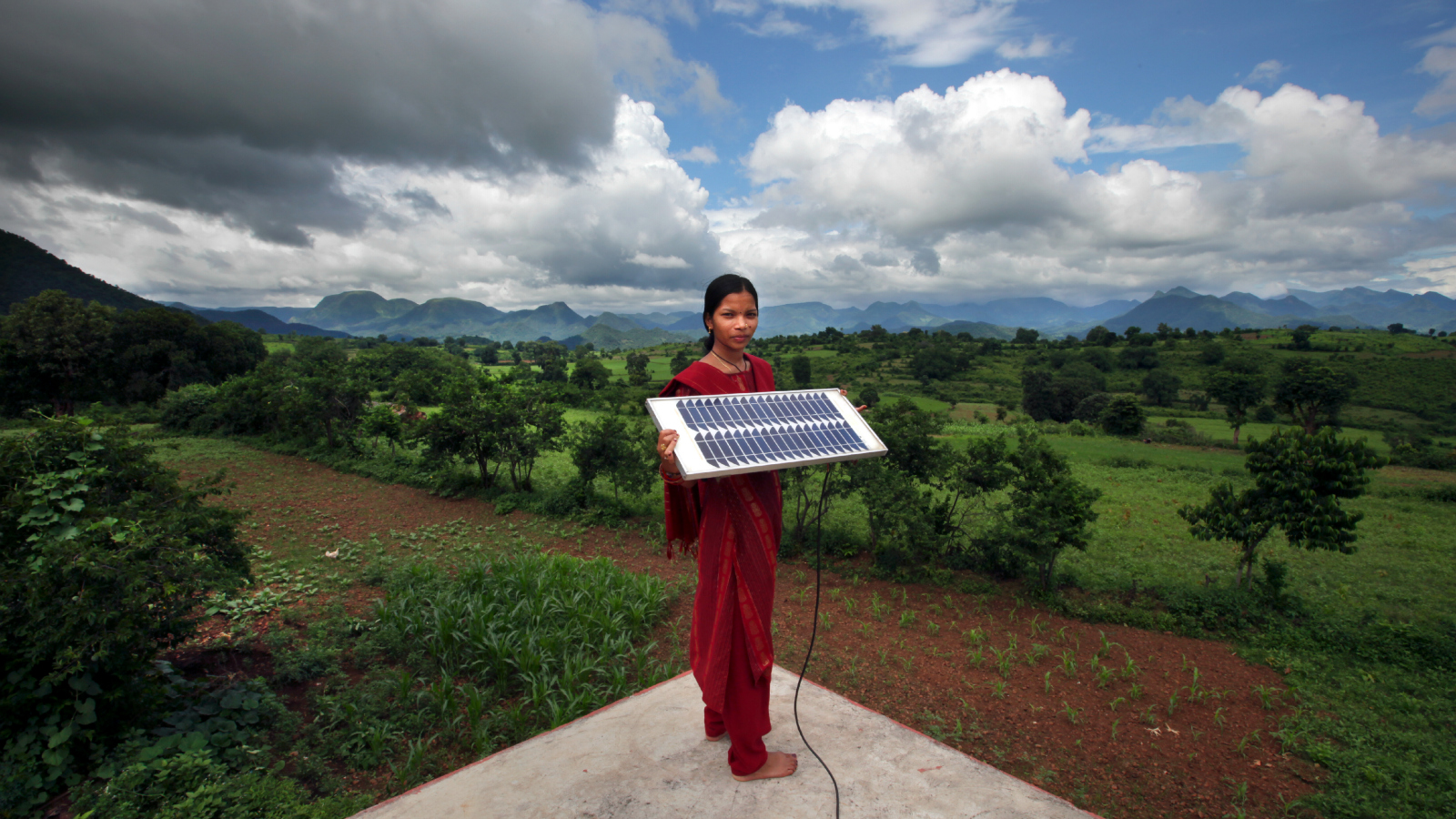Soon after the Sept. 11, 2001, terrorist attacks in New York City, then-President George W. Bush offered the view that “we fight against poverty because hope is the answer to terror.” Bush himself never followed through in advancing a serious global anti-poverty agenda. But, in the in the aftermath of last Friday’s terrorist slaughter in Paris, it is imperative that the rest of us do so now.
Given that the long-anticipated U.N. Climate Change Conference will begin in Paris in less than two weeks, it is especially critical that we make clear how an effective global climate stabilization project will serve as a powerful tool for fighting global poverty. Here are some major connections:
- The poor suffer the most from climate change.
The eminent MIT climate scientist Kerry Emmanuel has written that “comparatively small shifts in precipitation and temperature can exert considerable pressure on governments and social systems whose failure to respond could lead to famine, disease, mass emigrations, and political instability.” The affluent in all regions of the world will figure out how to protect themselves to a considerable degree from these developments. The poor will not have the resources to do so.
- Economic growth can support both poverty reduction and climate stabilization.
Large-scale investments worldwide — at between 1.5 and 2 percent of global GDP every year — to dramatically raise energy-efficiency standards and expand clean renewable energy production levels are capable of driving CO2 emissions down to the levels that the Intergovernmental Panel on Climate Change has concluded are necessary to stabilize the climate. These investments are fully compatible with economies growing and average incomes expanding — it is what we can term a green growth path. For example, if India invests 2 percent of its GDP every year in clean energy, its overall CO2 emissions can be stabilized at its current low level while the economy expands at 6 percent per year. Average incomes in India could then nearly triple within 20 years.
- Green growth will generate millions of jobs.
Throughout the world, for countries at all levels of development, investments in energy efficiency and low-emissions renewable energy will generate 2–3 times more jobs for a given amount of spending than maintaining countries’ existing fossil fuel–dominant energy infrastructure. Considering again the case of India, the clean energy investment program at around 2 percent of GDP every year will produce, over 20 years, an average of about 10 million more jobs than if the country maintained its existing level of fossil-fuel dependency.
- Small-scale distributed energy systems can flourish.
Clean energy investments will create major new opportunities for alternative ownership forms to emerge, including various combinations of smaller-scale public, private, and cooperative enterprises. People are also able increasingly to install and operate their own small-scale distributed energy systems that rely less and less on electrical grids. This is already happening in a major way in the U.S., Germany, and other advanced economies, especially with solar energy installations. But here again, the opportunities are greatest in poor countries such as India, where more than 40 percent of rural households still do not have access to grid-based electricity. Distributed renewable energy will enable such rural households to leapfrog over grid-based electricity generation systems entirely.
For these reasons alone (as well as others), we absolutely must not allow last week’s terrorist attacks in Paris to derail the prospects for dramatic advances at the Paris Climate Conference and beyond. We have the opportunity now to effectively fight climate change and global poverty within a unified global green growth project. Especially in light of the horrible events in Paris, we must seize this moment and not let up.
——
Robert Pollin is distinguished professor of economics and co-director of the Political Economy Research Institute (PERI) at the University of Massachusetts–Amherst. His new book is Greening the Global Economy.



